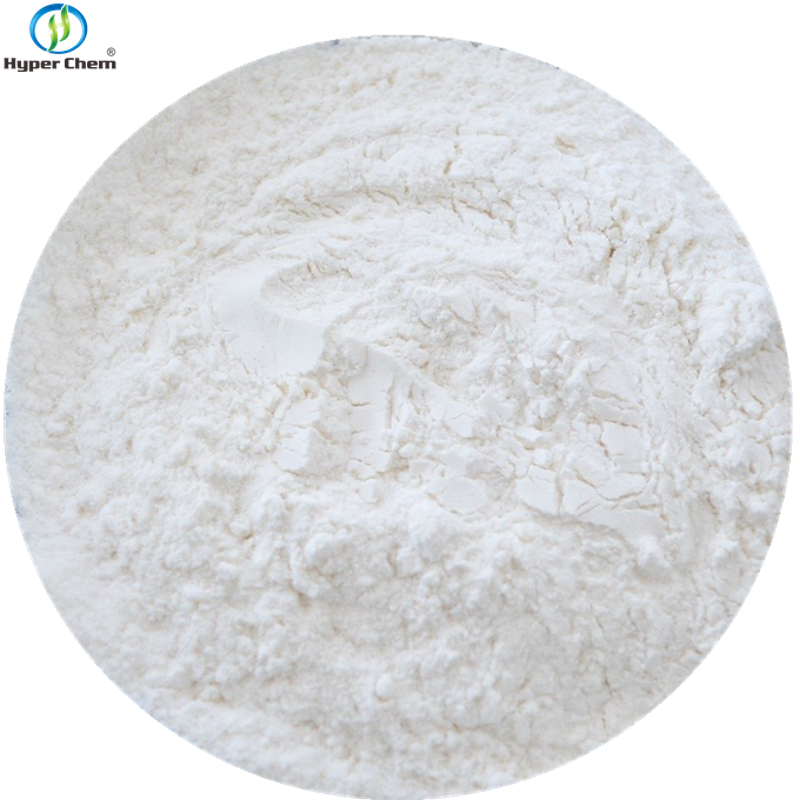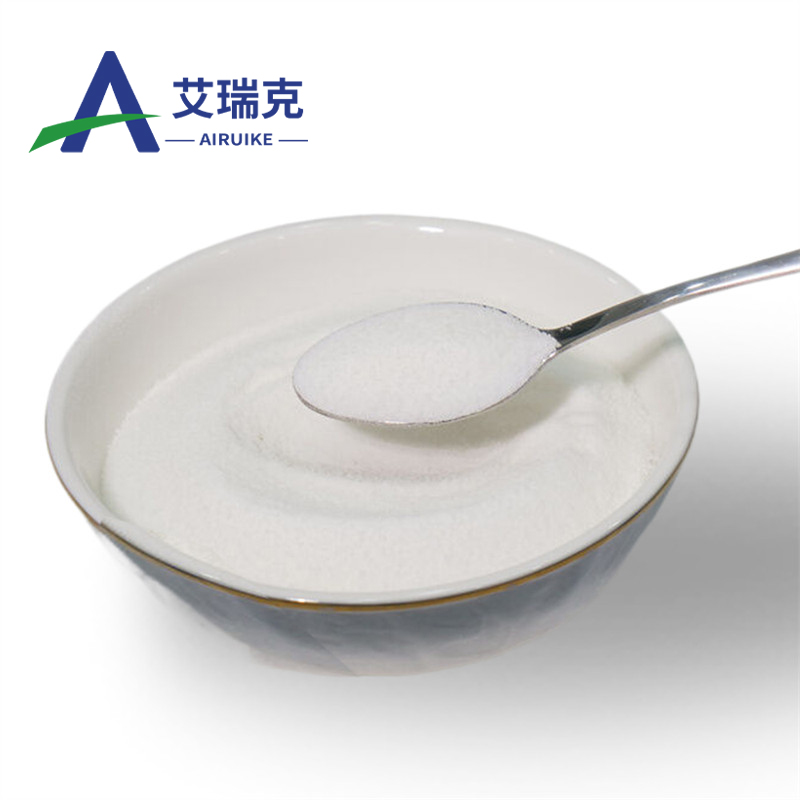-
Categories
-
Pharmaceutical Intermediates
-
Active Pharmaceutical Ingredients
-
Food Additives
- Industrial Coatings
- Agrochemicals
- Dyes and Pigments
- Surfactant
- Flavors and Fragrances
- Chemical Reagents
- Catalyst and Auxiliary
- Natural Products
- Inorganic Chemistry
-
Organic Chemistry
-
Biochemical Engineering
- Analytical Chemistry
-
Cosmetic Ingredient
- Water Treatment Chemical
-
Pharmaceutical Intermediates
Promotion
ECHEMI Mall
Wholesale
Weekly Price
Exhibition
News
-
Trade Service
*For medical professionals only, drink
alcohol without restraint, loved ones two lines of tears
.
The older the age at which moderate or heavy alcohol consumption is reported, the higher
the risk of stroke.
Study screenshots
four times a year.
Ask them about their alcohol consumption each year
.
The mean follow-up was 6 years
.
More than 1.
5 million people were eventually included in the study
.
A total of 3,153 patients developed stroke during the study period
.
This association is mainly due to the increased
risk of stroke due to haemorrhagic stroke or intracerebral haemorrhage.
For any type of stroke, the incidence of stroke was 0.
51% in people who drank moderately to severely for 4 years, compared with 0.
48, 0.
43, 0.
37 and 0.
31 for 3, 2, 1 and no stroke, respectively (person-years represent the number of people in the study and the amount of time each person spent in the study).
alcohol without restraint, loved ones two lines of tears
Executive Summary
.
The older the age at which moderate or heavy alcohol consumption is reported, the higher
the risk of stroke.
Study screenshots
status quo
- Stroke rates among young people have been increasing over the past few decades, and stroke in young people can lead to death and severe disability
. - If we can prevent stroke in young people by reducing alcohol consumption, this could have a substantial impact
on an individual's health and the overall burden of stroke on society.
conclusion
four times a year.
Ask them about their alcohol consumption each year
.
The mean follow-up was 6 years
.
More than 1.
5 million people were eventually included in the study
.
A total of 3,153 patients developed stroke during the study period
.
The results of the study showed
- At 2 or more years of study, moderate to heavy drinkers were about 20% more likely to have a stroke than light drinkers or non-drinkers (light drinkers are defined as people who drink less than 105 grams per week, or less than 15 ounces per day).
- As the number of years of moderate to heavy drinking increases, so does the risk of stroke
. - People who drank moderate to heavy alcohol for two years had a 19 percent increased risk, those who had three years had a 22 percent increased risk, and those who had a four-year risk increased their risk by 23 percent
. - These results came after the researchers explained other factors that may influence stroke risk, such as high blood pressure, smoking and body mass index
.
This association is mainly due to the increased
risk of stroke due to haemorrhagic stroke or intracerebral haemorrhage.
For any type of stroke, the incidence of stroke was 0.
51% in people who drank moderately to severely for 4 years, compared with 0.
48, 0.
43, 0.
37 and 0.
31 for 3, 2, 1 and no stroke, respectively (person-years represent the number of people in the study and the amount of time each person spent in the study).
prospect
- Since more than 90% of the overall stroke burden can be attributed to potentially modifiable risk factors, including alcohol consumption; Therefore, in young adults with heavy drinking habits, emphasis should be placed on reducing alcohol consumption as part of
any stroke prevention strategy.
Click "Read Original" to get more clinical dry goods







